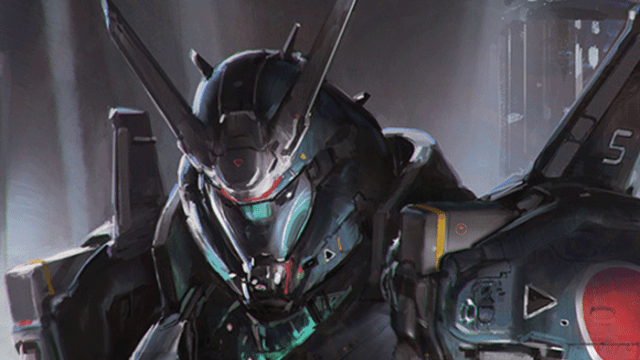In Peter Tieryas’ novel The United States of Japan, the United States loses the Second World War to Japan, and finds itself split between the invading Japanese army and Nazi Germany.
If the plot sounds familiar, that’s deliberate: Tieryas was a huge fan of Philip K. Dick’s novel The Man in the High Castle, and was inspired after re-reading it to write his own take on what such a scenario would have looked like, bringing in his own Asian heritage into the mix.
http://io9.gizmodo.com/explore-altern…
Like any good alternate history, this book is awash in alternative details of a country that might have existed. In our interview with him back in February, Tieryas noted that the book existed in part to answer some questions that he had after finishing the novel:
How different would gaming, the internet, and social customs be following a fusion of two very different cultures after fifty years of Japanese imperial rule? Would they have their own version of a Vietnam War, a battle quagmire that resulted in stalemate and a soul searching identity crisis? Would they wonder about the moral ramifications of having used an atomic weapon on America, the same way Americans have wondered about Hiroshima and Nagasaki?
What struck me the most about this book isn’t the fact that it’s got giant mecha, subversive video games and the like, it’s Tieryas’ look at what causes Empires to decline and ultimately fail, and how hard it is to destroy an idea.
http://www.amazon.com/United-States-…
The United States of Japan is a book obsessed with the idea of trying to create – or at least maintain – a better world. The Japanese forces, after conquering the United States, try to do what any government would do: further their national interests for their citizens. Captain Ben Ishimura is a soldier within the ranks of the Emperor’s army, censoring video games and monitoring for subversive material, and is tasked with helping agent Akiko Tsukino of Japan’s Tokubetsu Koto Keisatsu (The empire’s secret police) with tracking down one particular video game, United States of America, which depicts a reality in which the United States defeats the Japanese in the Second World War.
The book has its slow points, but you can forgive that as the scenery flows past: Tieryas has created a unique alternate world and populated it with fantastic characters and fixtures that borrow from everything from anime to Blade Runner.
Akiko is one example of someone attempting to make the world a better place: unquestioning, loyal and dedicated to her cause, she’s an agent of the Emperor, and utterly believes that the Emperor’s will is to be followed.
This is where the book excels, because Tieryas explores the ways in which intent, collective memory, history and propaganda all blend together. There’s numerous instances in the book of characters noting that history is at times inconvenient for the Empire, and there are points when the most loyal simply don’t question the official story. As Tieryas jumps his story from the 1960s to the 1980s, we see a sort of complacency set in that challenges even Akiko’s resolve.
This resolve is needed to prop up a regime that grows corrupt as the decades pass by. Former military officers set up their own perverse havens, deliberately flaunting the law and government, while secret police begin to hunt those from within.
The point to all of this seems to be that an ideological movement becomes difficult to maintain once the flash in the pan moment that galvanizes everyone is long over. Revolutions, wars and movements are easy to coordinate and carry out in the moment, but after the wars end, keeping the fervor up is difficult, especially when you begin to look closely at one’s own history.
Ultimately, this is a really intriguing book, one that jumps nicely off of the coattails of Philip K. Dick and instead of simply copying what had come before, has ventured out and created something wholly new, interesting and exciting to read.
